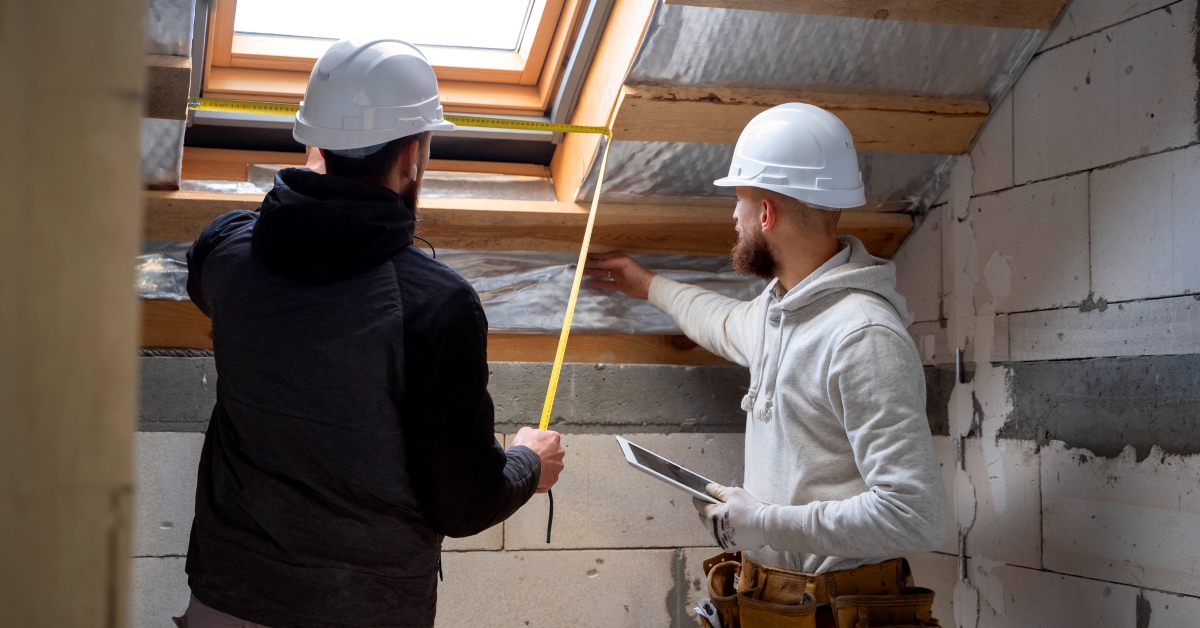
Part Two of a two-part series. Click here for Part One, which covers: What IS Spoliation of Evidence, The Legal Duty to Preserve Evidence, and Common Scenarios of Spoliation in Construction Cases.
Texas Residential Construction Litigation Act Considerations
In Texas, the Residential Construction Litigation Act (Chapter 27 of the Texas Property Code) adds another layer of complexity to construction disputes involving residential properties. Under this Act:
- Homeowners must provide contractors with written notice of construction defects and an opportunity to inspect and cure the problems before filing suit.
- During the inspection and cure period, both parties have obligations to preserve evidence.
- The Act’s notice and inspection requirements create additional opportunities where spoliation issues can arise.
If a homeowner or contractor destroys or alters evidence during the notice and inspection period required by the Act, it could impact their ability to pursue or defend against claims. For example, if a homeowner allows remedial work to proceed without first providing a written notice and opportunity to inspect and repair to the contractor, the homeowner might face spoliation challenges later and potentially be limited in the amount of recovery.
Home insurers in the subrogation context, or those who have had a homeowner’s “rights to pursue a claim” assigned to them, face unique issues if they fail to provide contracts with the opportunity to inspect as outlined by the Act.
If an assignee or subrogor fails to provide the contractor with the written notice and opportunity to inspect and offer to repair required by Section 27.004 before performing repairs, the contractor is not liable for the cost of any repairs or any percentage of damages caused by repairs made to a construction defect by a person other than the contractor at the request of the assignee or subrogor.
Best Practices for Evidence Preservation
Parties have a duty to exercise reasonable care to preserve evidence. What is reasonable care will differ from instance to instance and may depend on a variety of factors — such as the type of alleged injury, industry standards on preservation, size of the construction project, and others. To avoid spoliation issues in construction litigation, consider these general protective measures:
Preventative and Immediate Actions
- Implement Training: Implement training to ensure those doing work on the jobsite know how to identify and properly preserve potential evidence.
- Document Everything: Take comprehensive photographs and videos before and after any remedial work begins.
- Maintain records regarding the contractors, subcontractors, and employees doing work on the project, on what days, and on what part of the project.
- Maintain records regarding materials used and the source/supplier of those materials, methods used or to be used in carrying out the construction.
- Preserve purchase orders, change orders, contracts with contractors, subcontractors, clients, and project plans.
- Preserve Physical Evidence: Set aside samples of allegedly defective materials or components.
- Implement Legal Holds: Issue litigation hold notices to ensure relevant documents and electronic data are preserved.
Ongoing Obligations
- Maintain Chain of Custody: Keep detailed records of who has handled evidence and when (what dates).
- Proper Storage: Store physical evidence in appropriate conditions to prevent deterioration.
- Regular Monitoring: Periodically check that preservation efforts are working effectively.
Consider Working with Experts
- Early Involvement: Engage forensic experts and engineers early to help identify and preserve crucial evidence.
- Joint Inspections: When possible, conduct inspections with opposing parties present to avoid later disputes about evidence handling.
- Further – consider conducting joint inspections with all parties prior to any work to have a baseline to compare against future inspections.
- Detailed Documentation: Ensure experts document their examination methods and preserve samples appropriately.
This is not a comprehensive or definitive list, and these steps do not necessarily foreclose spoilation. However, this list provides an excellent starting point to guard against spoilation in general in a variety of circumstances.
The Importance of Legal Counsel
Spoliation issues are complex and fact-specific. What constitutes reasonable preservation efforts in one case may be inadequate in another. Early involvement of experienced construction litigation counsel can help ensure that evidence preservation obligations are met and that your case is protected.
Construction professionals and property owners should be particularly cautious when litigation is anticipated. The natural instinct to “fix the problem” can inadvertently create spoliation issues that damage your legal position. Before beginning any remedial work or cleanup activities, consult with legal counsel to understand your preservation obligations.
Conclusion
In construction litigation, evidence preservation is not just good practice — it’s a legal obligation with serious consequences for non-compliance. Understanding spoliation risks and implementing proper preservation protocols from the outset can make the difference between a successful case and a devastating loss.
Whether you’re a contractor, property owner, or construction professional, being aware of spoliation issues and taking proactive steps to preserve relevant evidence will strengthen your position in any potential litigation. When in doubt, document first and consult with experienced construction litigation counsel to ensure you’re meeting your legal obligations while protecting your interests.
Remember: once evidence is destroyed, it’s often impossible to recreate. The time and effort invested in proper evidence preservation at the beginning of a dispute can save significant costs and complications down the road.
Have a construction or litigation question? Please view our Construction Law page or contact a team member.

